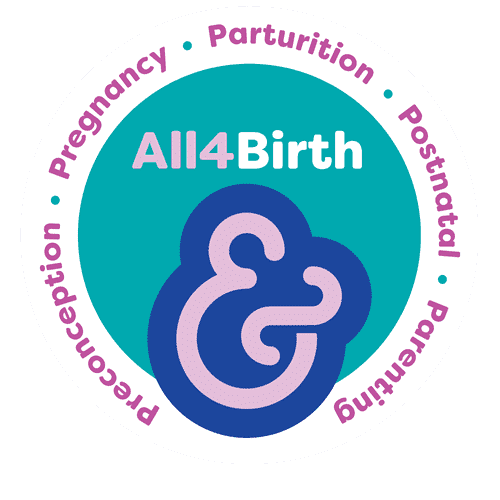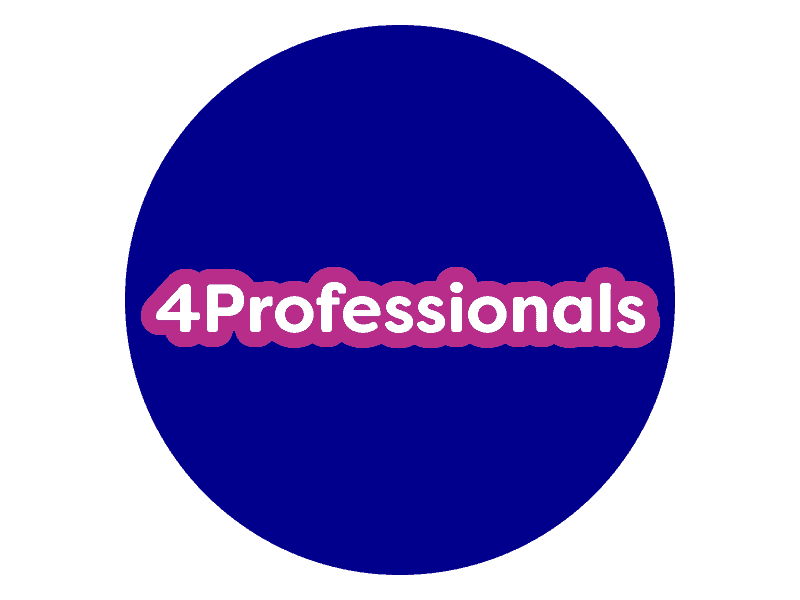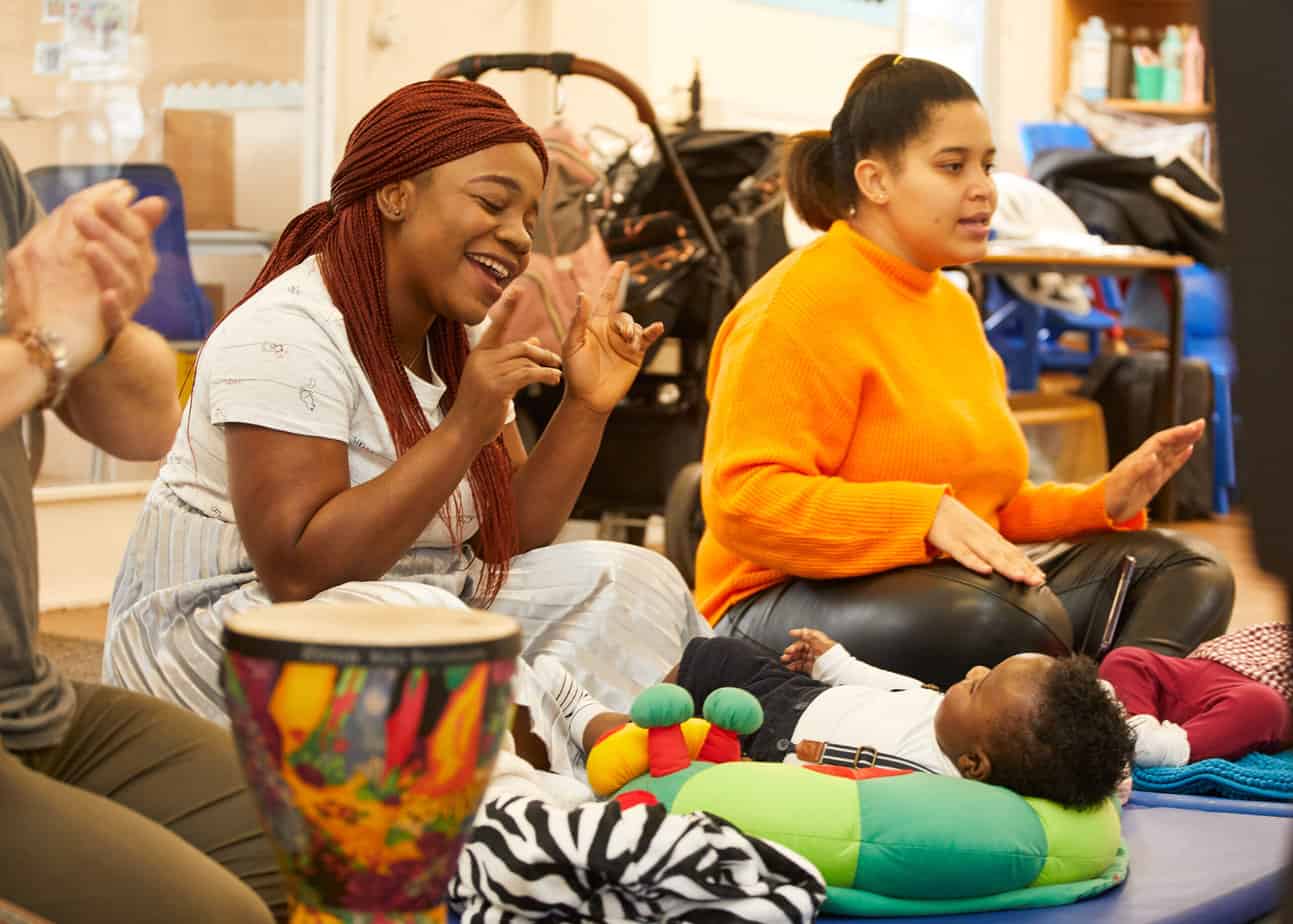Coping with low mood and the demands of being a new parent
Bernice Scicluna
Midwife, Malta, BSc Midwifery.
Summary
Becoming a mother is a life changing experience. You are now caring for a newborn who is fully dependant on you, so your priorities change and your responsibilities increase. A lot of change has taken place in your body too and hormones take some time before they return to pre-pregnancy levels.1 All of these factors, among others, affect the new mother not only physically but also emotionally – which is why experiencing low moods after giving birth is common, until everything settles.
Preparing oneself, and having realistic expectations of what life with a newborn is like, is extremely important as it facilitates the transition to parenthood.2 One might expect to be feeling over the moon after having a baby. Therefore, upon realising that the feelings are the complete opposite, one starts to worry that something is not quite right.3
Sleepless nights, sore breasts and/ or perineum, and the constant worry about whether you are doing it right are real, and they do contribute to low moods and frequent crying spells. In the postpartum period, when life becomes hectic, and let’s face it, there is a lot to get used to, mothers cannot be expected to feel fantastic all the time. Mama, this is a common experience and it is ok not to be ok. Take your time to get used to the new demands of being a mother and do not be afraid to seek help. Here are a few tips which can help you cope in the first few weeks of becoming a mother.
Do not hide your emotions
Be honest with the people surrounding you (your partner, your family) about how you are feeling. Talking it out with people you feel comfortable talking to may be therapeutic in itself. In addition, this might give them an insight as to how best they can help you.
Find time for yourself
Finding time for self-care while caring for a newborn can be difficult. However, if you express your need to spend time by yourself to your partner/ family members, they can help you make time for self-care by offering to care for your baby for as long as you need. Often mothers find it difficult to be separated from their babies, even if it is just for a few minutes. However, caring for yourself will give you time to equip yourself with enough energy to care for your baby. A healthy baby needs a healthy mother. Apart from that, while mummy is getting some well-deserved relaxation time, it is also a great opportunity for some quality ‘daddy-baby’ bonding time.
Self-care ideas
· Exercise: going for a 15-20 minute walk, getting some fresh air, and a change in environment will boost your mood.
· Personal care: having a shower without interruptions, paint your nails, wash your hair.
· Hobbies: read a book, cook, meditate (there are a number of apps which can help).
· SLEEP! Catch up on your sleep. Sleep is important for a healthy lifestyle.
Eat a well-balanced healthy diet
Finding time to eat may prove to be difficult. It is very easy to focus all your attention on your baby and forget yourself. However, it is very important for you to eat and get in some nutrients for your body to be able to heal after giving birth.4 On days when you have more time to cook, try to make extra portions and save them for you to eat on those days when your time is limited. Don’t forget to drink plenty of water.
Accept help
For people who like to be independent, this might be difficult. However, accepting help whilst caring for a newborn is extremely beneficial. Having someone who can cook a nice warm meal for you and your partner, clean the house, do the dishes, or the laundry will allow you to spend more time getting to know your baby and get used to your new role, master the skill of breastfeeding (if that is your preferred mode of feeding), and allow time for you to heal and recover after giving birth. Sidenote: Sometimes, the kind of help you may need is people understanding that you do not feel like having visitors at your house. Do not be afraid to ask people to come over some other day, if you feel that having visitors on a particular day would be too much for you.
Sleep when the baby sleeps
Easier said than done! True, especially if you have other responsibilities. This ties well with the previous point, highlighting the importance of accepting help. Having someone who can share your responsibilities around the house will give you time to sleep while the baby is sleeping.5
Do not be afraid to seek professional support
Studies have shown that 80% of mothers experience baby blues during the postnatal period, such as feeling sad or weepy without any particular reason.6 Baby blues are common and hormonal fluctuations play a big role in this.6 Baby blues are expected to last for a maximum of two weeks,6 during which time some mothers find that self-care measures (some ideas mentioned above) or talking to family or friends about their feelings help them feel better.7
If, however, you feel that after the first two weeks postpartum you are still experiencing low moods or worsening symptoms, it is important that you speak up. This might be indicative of postnatal depression and getting help and support at an early stage is of utmost importance.3 Contact your local perinatal mental health support team and always keep their number somewhere handy for easy access when in need. If you are not sure who to contact, speak to your midwife.
Summary
Transition to parenthood is not the same for every individual. Everyone’s experience and situation are different. However, low moods in the first few days after giving birth to your baby are common and is experienced by many. Remember that you are not alone. There are people who are ready to help. Peer support has been found to be extremely beneficial in the postpartum period.7 Speak to your local health provider/ midwife to guide you if you wish to join a support group (either physically or online). It is a great opportunity for you to get out of the house, to meet and connect with new people who are going through a similar experience as you are. You might learn from one another too!
Links to resources
 Books
Books
Why postnatal recovery matters – Sophie Messenger http://www.pinterandmartin.com
Lets talk about the first year of parenting – Amy Brown http://www.pinterandmartin.com
Why postnatal depression matters – Mia Scotland http://www.pinterandmartin.com
 Video
Video
Perinatal positivity – http://www.perinatalpositivity.org
 Websites
Websites
Pandas – https://pandasfoundation.org.uk/
Mind – https://www.mind.org.uk/
Maternal Journal – http://www.maternaljournal.org
References
1. Perry C. What to Expect with Postpartum Hormone Changes. Parents website. https://www.parents.com/pregnancy/my-body/postpartum/postpartum-hormone-changes/. Updated February 25, 2020. Accessed October 3, 2020.
2. Barimani M, Vikström A, Rosander M, Forslund Frykedal K, Berlin A. Facilitating and inhibiting factors in transition to parenthood – ways in which health professionals can support parents. Sacnd J Caring Sci. 2017; (31):537-546. doi: 10.1111/scs.12367.
3. Riggs DW, Worth A, Bartholomaeus C. The transition to parenthood for Australian heterosexual couples: expectations, experiences and the partner relationship. BMC Pregnancy and Childbirth. 2018; (18):342. doi:10.1186/s12884-018-1985-9.
4. Tuffery O, Scriven A. Factors influencing antenatal and postnatal diets of primigravid women. Journal of the Royal Society of Health. 2005; (5):227-231. doi: https://doi.org/10.1177/146642400512500515.
5. Gillis A, Gabriel B, Galdiolo S, Roskam I. Partner Support as a Protection Against Distress During the Transition to Parenthood. Journal of Family Issues. 2019; (9):1107-1125. doi:10.1177/0192513X19832933.
6. American Pregnancy Association. Baby Blues. American Pregnancy Association website. https://americanpregnancy.org/first-year-of-life/baby-blues-71032. Updated January 25, 2019. Accessed October 4, 2020.
7. Bhavnani V, Newburn M. Women’s experiences of telephone-based peer support during the transition to parenthood. Community Practitioner. 2016. http://web.b.ebscohost.com/ehost/pdfviewer/pdfviewer?vid=0&sid=3c5acd5f-19af-423d-a9e6-6c3787abcd45%40pdc-v-sessmgr01. Accessed October 2, 2020.










